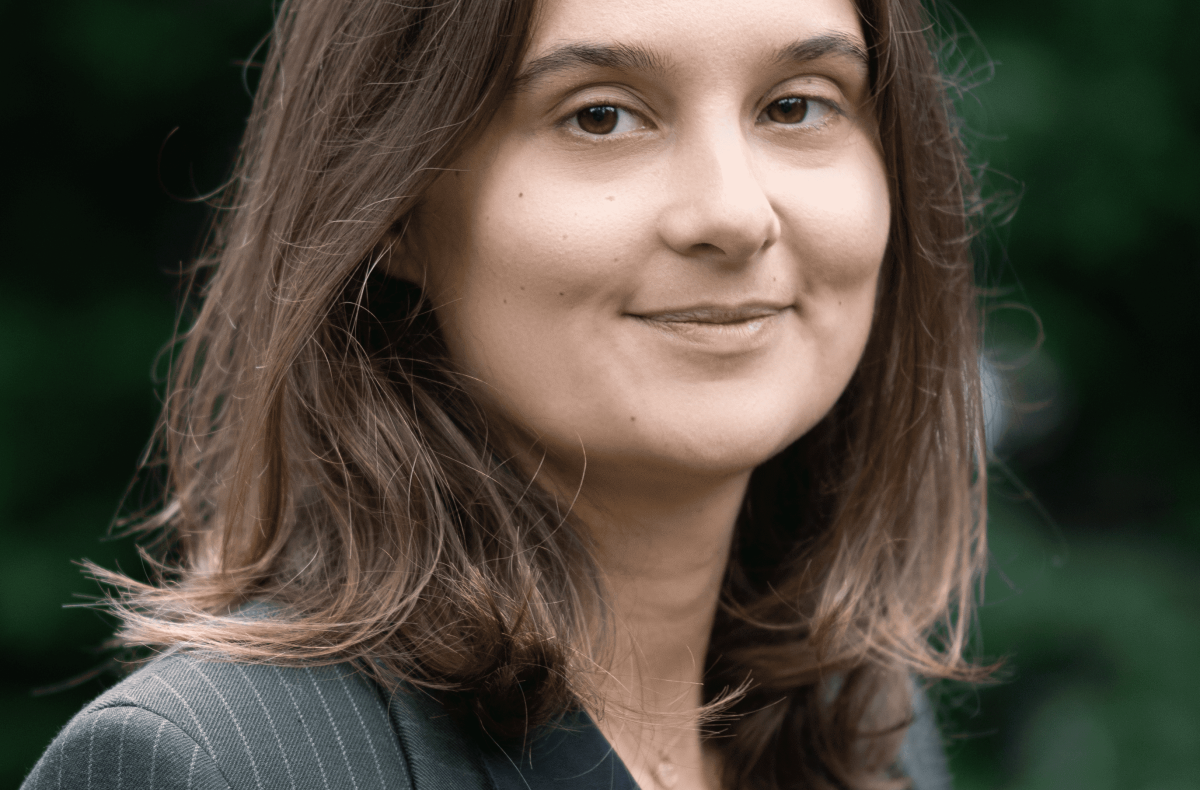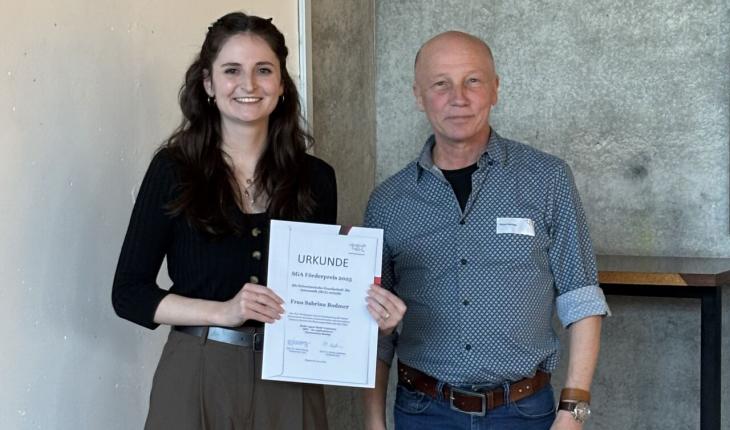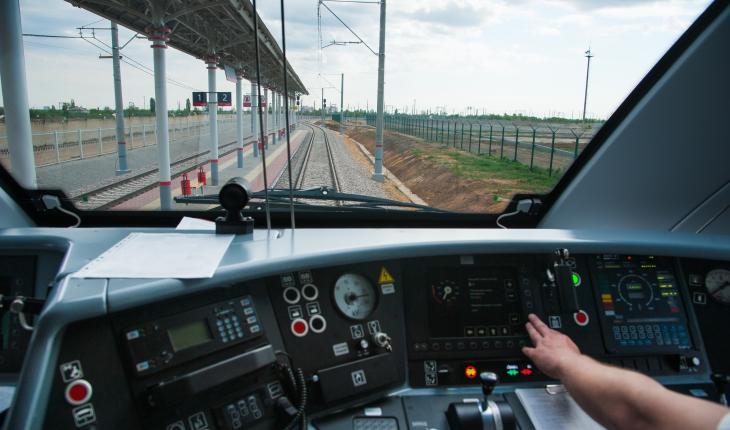#NCCRWomen: Julie Rousseau

Why did you choose a scientific career?
I have always been captivated by understanding the world around me. I first started to understand how small mechanisms, like pens, functioned, but soon expanded to more complex phenomena that we take for granted in our daily lives, like how lights work. It made me realise the importance of physics and mathematics in my direct life. Besides, as I was good at maths and physics throughout high school, the choice to pursue a scientific career felt like the most natural path for me.
If you weren't a scientist, what would you be?
I love teaching and seeing this spark in people’s eye when they have understood a new concept, so I think I would have become a teacher.
In simple language, explain what you do for your NCCR.
I focus on utilising demand-side flexibility to facilitate the transition towards increased renewable energy production. Demand-side flexibility refers to the capacity of electricity consumers, including ourselves, to modify our electricity consumption patterns by, for example, adjusting the timing of our heating or the charging of our electric vehicles. By incorporating this flexibility, we can mitigate some of the adverse effects associated with renewable energy sources in power grids. This includes the unpredictability of renewable production in the upcoming hours, and demand-side flexibility serves to maintain equilibrium between consumption and production at all times.
What does your typical day at work look like?
This is a really good question! I am not sure I have a typical day at work. Each day, I try to do each of the following: conceptual tasks, like reading papers and formulating some research problems, technical work like coding, supervising students working on research projects, meetings with some companies I collaborate with.
However, this depends on my calendar. For example, I will be busier with coding some weeks before an important scientific deadline, or busier with preparing teaching material before a course start. I always try to do a bit of each, but I do not have a typical day at work. This is what makes my work more interesting, I think.
What do you like to do outside the lab?
I am more of a city person. I love hanging out with friends, visiting exhibitions, or sitting in a coffee shop with my book. I often go on city trips to visit new places.
What is the worst thing about your chosen career path?
I studied in France, where we quickly move into more managerial topics. I missed going deeper into all the theoretical topics. I guess this has to do with my will to understand what is happening around me. The Swiss education systems seems different from that point of view and would have suited my interests better.
What would you like to say to your younger self about a scientific career?
Sometimes, theoretical concepts seem too complex, and almost impossible to grasp. Nonetheless, I do believe that anyone can understand complex theories. It only requires a lot of work and commitment. Therefore, my advice to my younger self, and to anyone embarking on a scientific career, would be to remain committed, and to approach the challenges ahead with determination and a willingness to break down difficult concepts into smaller, more digestible parts.
Who was your mentor or role model who inspired you?
When I was younger, I watched science education TV programs. At that age, everything seems complicated. These TV shows make science looks easy and accessible, which I liked a lot. While understanding complex theory is all about accumulating knowledge, they manage to extract the necessary components from various fields to make you understand something complex.
What was the best or worst advice you ever got?
During my studies, I was sometimes advised by supervisors to choose a certain path. While I did take some of these suggestions into account, I found that the most valuable insights came from within me. Ultimately, I discovered that the best decisions were the ones that aligned with my own passions and interests. Therefore, my advice to others would be to trust their instincts and follow their own intuition, even if it means deviating from the well-intentioned advice of others.
We are sharing profiles of women researchers within NCCR Automation as part of the #NCCRWomen campaign. You can find out more about the campaign on YouTube, Twitter or Instagram.



